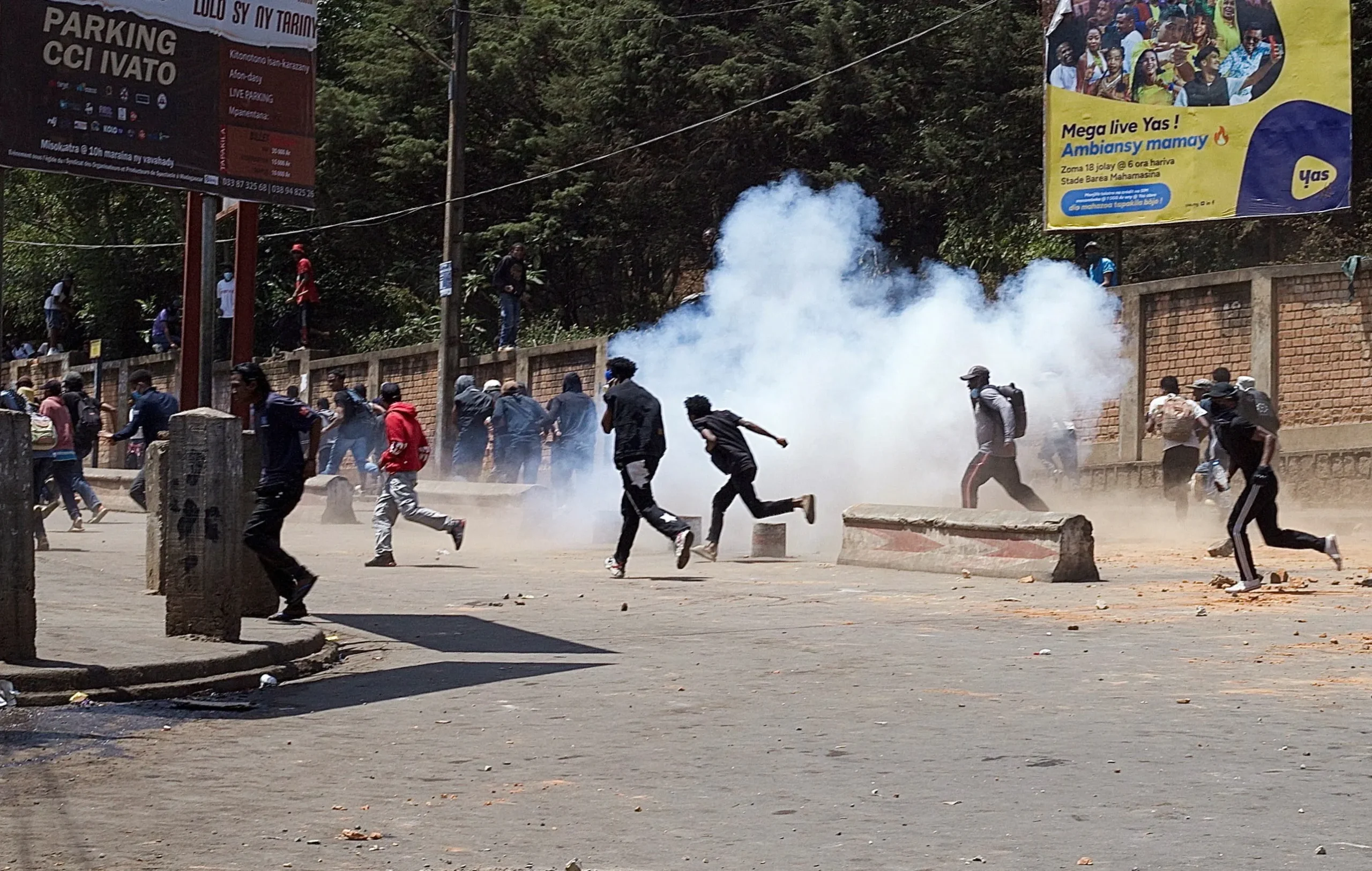When a government collapses, it’s rarely out of the blue. In Madagascar, the spark came from something deceptively simple: water and electricity. For months, outages have left homes in the dark and taps running dry. But for young Malagasy, this wasn’t just about utilities—it was about dignity, frustration, and a political system that felt deaf to their needs.
What Happened
On September 29, 2025, President Andry Rajoelina announced the dissolution of Madagascar’s government. Prime Minister Christian Ntsay and his cabinet were dismissed, though they’ll continue in a caretaker role until replacements are found. Rajoelina invited applications for a new prime minister, giving himself just a few days to decide.
The move followed days of youth-led protests in the capital, Antananarivo, where thousands demanded change under the banner of Leo Délestage (“Fed up with load shedding”). What began as frustration over power cuts escalated into deadly clashes. The UN reports at least 22 people killed and over 100 injured—numbers the government disputes.
Why It Matters
At its core, this isn’t just about infrastructure. It’s about trust.
- Basic needs unmet: Electricity and clean water are among the most fundamental public services. When they fail, governments lose legitimacy fast.
- A generational cry: Madagascar’s youth, digitally connected and politically aware, are leading the protests. They want more than promises; they want tangible change.
- Dangerous precedent: Dissolving the government creates a chance for reset, but also a period of uncertainty. If the new leadership looks like the old, protests may intensify.
The Road Ahead
The president has framed this as an opportunity to rebuild. But the real test will be whether the next government can deliver results quickly. That means:
- Fixing or reforming the state electricity and water utilities.
- Addressing corruption and mismanagement.
- Showing young people their voices have real power in shaping policy.
International partners—from regional blocs to aid donors—will also be watching closely. Stability in Madagascar isn’t just about politics; it’s about livelihoods, investment, and regional security.


